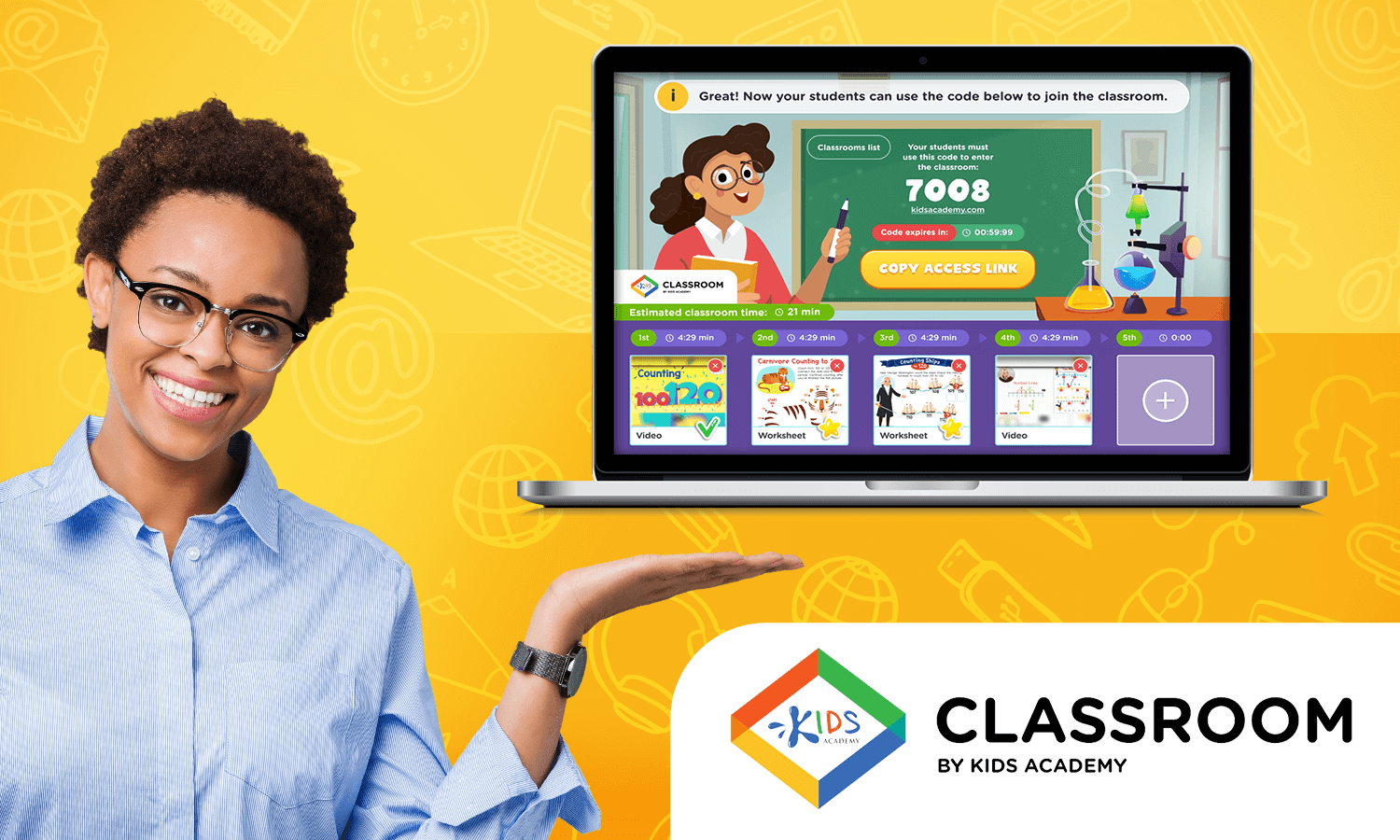Understanding inequality Worksheets for Kids
1 filtered results
-
From - To
Question/Answer
How to train the Understanding inequality skill in Grade 2 students learning about Adding up to 100 Misc?
To train Grade 2 students in the Understanding inequality skill while learning Adding up to 100, use visual aids and interactive activities. Start with simple comparisons using objects or pictures, then introduce numerical problems. Utilize number lines for visualization and employ games that involve comparing sums, like "Which is More? " puzzles.
What does the Understanding inequality skill mean when it comes to Grade 2 Adding up to 100 Misc learning?
The "Understanding inequality" skill in the context of Grade 2 Adding up to 100 Misc learning involves teaching students to recognize and analyze the differences between numbers or sums, such as identifying which of two numbers is greater or lesser when adding up to 100.
How does the mastery of the Understanding inequality skill affect a student's performance at an early age?
Mastering the Understanding Inequality skill at an early age significantly boosts a student's mathematical reasoning and problem-solving abilities. It lays a foundation for grasping complex concepts in algebra and beyond, enhances logical thinking, and promotes equity awareness in real-world contexts. Consequently, students become more adept at mathematical analysis and are better prepared for advanced studies and daily life problem-solving.












